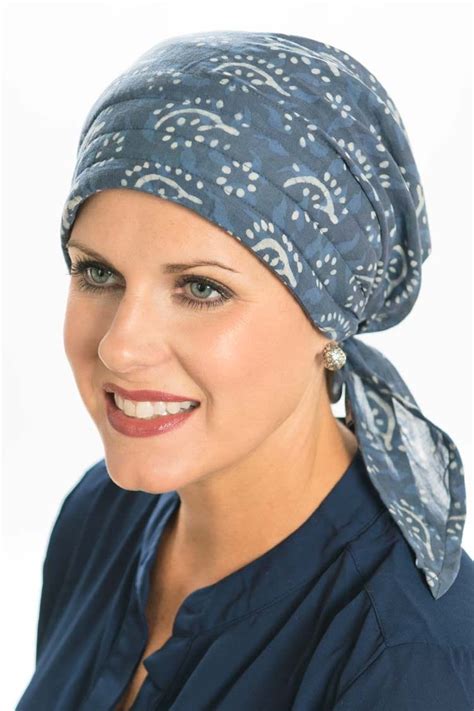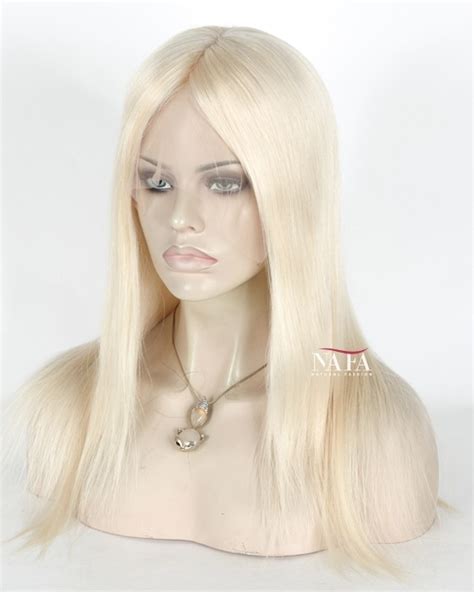Introduction

Wigs have become increasingly popular among white females seeking to enhance their appearance and experiment with different hairstyles. Whether it’s for fashion, medical reasons, or personal preference, wigs offer versatility and endless possibilities. This comprehensive guide will delve into the various types of wigs available for white females, their benefits, and styling tips.
Understanding Wig Cap Construction
Before choosing a wig, it’s essential to understand the different types of wig caps:
- Lace Front Wigs: Feature a delicate lace that mimics the scalp, creating a natural hairline.
- Monofilament Wigs: Made with a thin, sheer material that is breathable and allows for ventilation.
- Machine-Made Wigs: Constructed using a machine, these wigs are durable and affordable.
- Full Lace Wigs: Cover the entire head, providing maximum coverage and a seamless look.
Types of Wigs for White Females
Human Hair Wigs
– European Hair Wigs: Sourced from Europe, these wigs are soft, silky, and blend seamlessly with natural hair.
– Slavic Hair Wigs: Originating from Eastern Europe, these wigs are renowned for their fine texture and durability.
– Remy Hair Wigs: Maintain the natural cuticle layer, ensuring the hair flows in one direction for reduced tangling.
Synthetic Hair Wigs
– Kanekalon Fiber Wigs: Made from Japanese fibers, these wigs are heat-resistant and offer a wide range of colors.
– Toyokalon Fiber Wigs: Korean-made fibers known for their soft texture and natural appearance.
– Dynel Fiber Wigs: Fire-retardant and water-resistant, these wigs are suitable for outdoor activities.
Benefits of Wigs for White Females
- Versatile Styling: Wigs allow you to switch up your hairstyle instantly, experiment with different lengths, and create unique looks.
- Protective Hairstyles: Wigs can protect natural hair from damage caused by heat styling, chemical treatments, and environmental factors.
- Medical Assistance: For those experiencing hair loss due to medical conditions or treatments, wigs provide a discreet and comfortable solution.
- Boost Confidence: A well-fitting wig can enhance self-esteem and boost confidence in one’s appearance.
Pain Points to Consider
- Wig Maintenance: Regular washing, conditioning, and styling is required to maintain the wig’s quality and longevity.
- Cost: High-quality wigs can be expensive, and regular maintenance adds to the cost.
- Scalp Discomfort: Some wigs may cause itching or irritation if not properly fitted.
Common Mistakes to Avoid
- Choosing an Unnatural Color: Opt for colors that complement your skin tone and natural hair color.
- Wearing a Wig That’s Too Tight: A tight-fitting wig can cause discomfort, headaches, and scalp damage.
- Styling with Harsh Products: Use products specifically designed for wigs to avoid damaging the fibers.
- Sleeping with a Wig: Remove your wig before bed to prevent tangling and damage.
Styling Tips for Wigs
- Use a Wig Brush: Invest in a specially designed wig brush to prevent breakage and maintain the wig’s shape.
- Apply Heat Carefully: Use low heat settings and a heat protectant spray to avoid damaging synthetic fibers.
- Create Volume: Add volume by teasing at the roots or using root-lifting products.
- Accessorize: Scarves, headbands, and jewelry can enhance the look of your wig and add a touch of personality.
FAQs:
Q: How often should I wash my wig?
A: For synthetic wigs, wash every 8-12 wears. For human hair wigs, wash every 20-30 wears.
Q: Can I dye my wig?
A: Synthetic wigs cannot be dyed. Human hair wigs can be dyed, but it’s recommended to consult a professional stylist.
Q: How can I prevent tangling?
A: Brush your wig regularly, use a detangling spray, and avoid sleeping with the wig on.
Q: What is the average lifespan of a wig?
A: With proper care, a high-quality wig can last up to 2 years.
Conclusion
Wigs offer white females a versatile and customizable way to enhance their appearance. By understanding the different types of wigs, their benefits, and styling tips, you can find the perfect wig that complements your style and meets your needs. Remember to prioritize comfort, maintenance, and proper care to ensure your wig looks and feels its best for many years to come.
